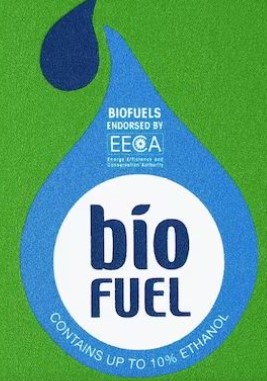
The Motor Industry Association (MIA) says it’s relieved the mandatory biofuels sales obligation will no longer be implemented.
Biofuels will always be an option for some vehicle users, especially heavy vehicles, as Kiwis move to a lower CO2 intensive transport system, however a mandatory obligation with the stated purpose of reducing CO2 emissions is not needed as the transition to an ever-increasing electrified fleet is reducing emissions at a fast rate, says MIA chief executive David Crawford.
He points out sales of vehicles with some form of electrification to fully electric vehicles grew from 14% in 2021 to 25% in 2022.
“The increase in sales of electrified vehicles in 2022 led to a big reduction in the average sales weighted CO2 emissions rate from the light vehicle fleet, dropping from 187.1 grams CO2/kilometre in 2021 to 167.0 grams CO2/kilometre in 2022,” he explains.
“That is a 10.7% drop in one year, the largest reduction by far since the MIA started tracking CO2 emission reductions in 2006.
‘Biofuels are expensive to produce and the MIA welcomes the Government’s decision to not proceed with a mandatory biofuel sales obligation,” says Crawford.
“This will help to keep motoring costs down at a time when New Zealand is facing strong inflationary pressures across our economy.”
The Motor Trade Association (MTA) is also pleased the biofuels mandate won’t proceed.








